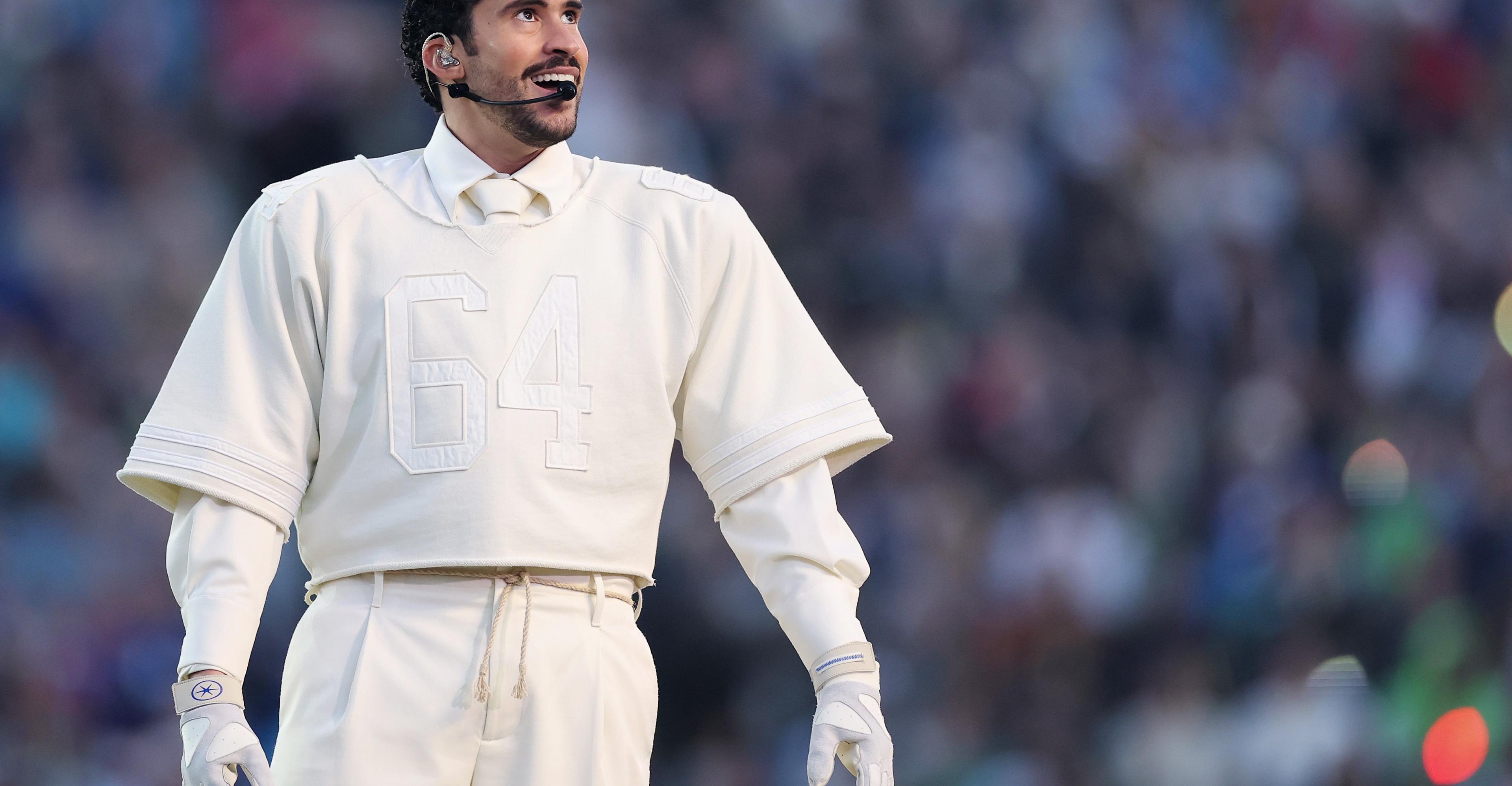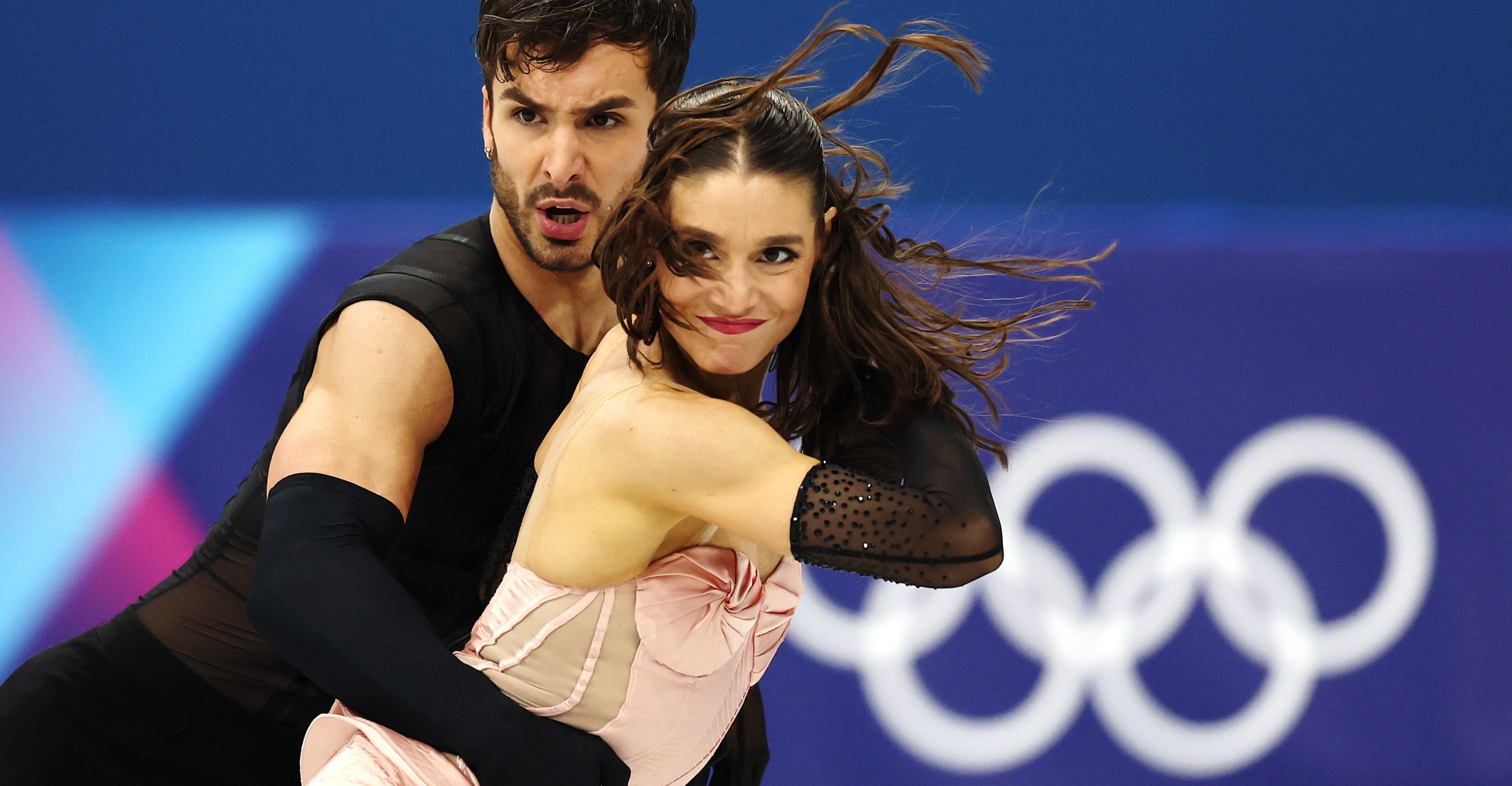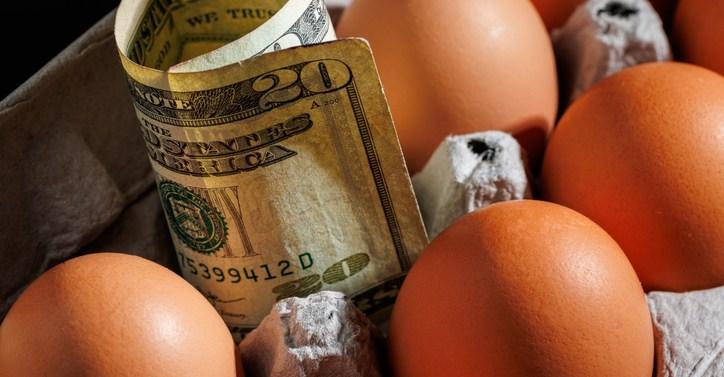The latest research found that about one in seven of the firmest cynics who have yet to be vaccinated have changed their minds and intend to get the jab when offered it.

Half of all anti-vaxxers in the United Kingdom are now jabbed and anti-COVID shot confidence is surging among ethnic minorities, the study has found.
52 per cent of people who thought they would not get a shot when asked in November and December 2020 have taken now.
“The first people to be vaccinated were the oldest generations, who have a strong sense of civic obligation, and they helped set the norm that you should take up your vaccine when it is your turn. This encouraged others to move from saying they were fairly likely to accept the vaccine, to either accepting it or saying they were certain to do so.”
While 84 per cent of people who said they were 'not very' or 'not at all likely' to take injection when asked last year have since been vaccinated, the research found.
This indicates many people's tentativeness has diminished since the vaccine rollout began six months ago, the researchers say.
Vaccine confidence has doubled in ethnic minorities, from 36 per cent saying they were certain or very likely to get jabbed in November-December to 72 per cent now saying they are this likely to do so or have already had a jab.
And it has tripled in Muslims over the same period, from 23 per cent to 67 per cent.
Researchers surveyed 4,896 UK adults aged 18 to 75 between April 1 and 16 this year and tracked 1,879 people surveyed last year to see if and why their views had changed.
They found that, overall, the public is more likely to say they will get a coronavirus jab than they were last year.
The research found that many who were previously sceptical now say they are very likely to or definitely will accept an offered vaccine.
Of those who said in November/December 2020 that they 'definitely would not get a vaccine', one in seven - or 15 per cent - say they are now certain or very likely to do so.
This is also the case for 45 per cent of those who said they were 'not at all likely' to get vaccinated.
The research found that more people have encountered messages encouraging them not to get vaccinated - 43 per cent up from 35 per cent in November-December.
Overall, 94 per cent of those surveyed who had been offered a vaccine have taken it up.
'The high rates accepting the invitation to take up a vaccine are extremely encouraging, said the researcher.
'Convergence over time in vaccine confidence among members of different ethnic and religious groups provides evidence of a strong pro-vaccine norm.
'There is a large difference in intention to get vaccinated between religious groups, with Muslims, in particular, standing out - but when we control for characteristics associated with religion, such as ethnicity, immigration status, social class and age, these differences are much reduced, suggesting that it's not religious belief in itself that's the driver.
'Nevertheless, the connections that the religiously active have with religious peers, faith community leaders and with the NHS's diverse workforce serve as a valuable communications resource.
X briefly hit by ‘international outages’: monitors
- 17 hours ago
NASCAR descends on Daytona eager to move on from turbulent offseason, get back to racing
- 8 hours ago

Woke isn’t dead. Bad Bunny’s halftime show proved it.
- 7 hours ago

France’s extremely talented and extremely controversial ice dancers, explained
- 7 hours ago
PMD forecasts rain wind with thunderstorm in Balochistan, KP
- 18 hours ago
England survive Italy scare to reach T20 World Cup Super Eights
- 17 hours ago

PM invites Austrian businesses to expand investments in Pakistan
- 19 hours ago
Field Marshal Asim Munir vows to deepen Pak-UAE partnership
- a day ago

Americans spend less of their income on food than almost ever. Why doesn’t it feel that way?
- 7 hours ago
Barça on Super League exit: No benefit to stay
- 8 hours ago

Westminster Int'l School Bahria Campus concludes Phoenix Fest & Mavericks 2026 in grand style
- 21 hours ago
Arsenal stun Man City to boost their UWCL hopes and keep WSL title race alive
- 8 hours ago





